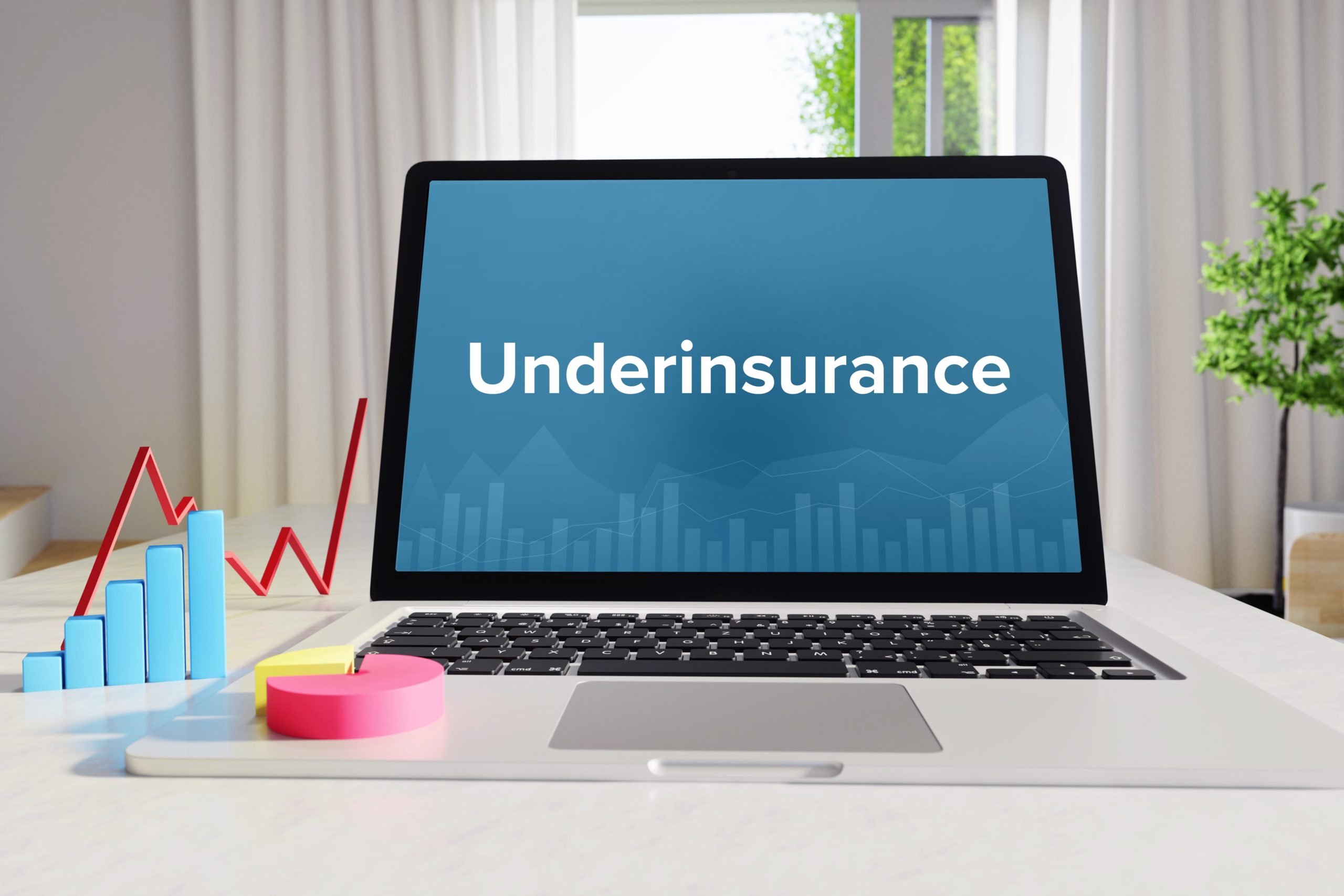
19 December 2022
Underinsurance: 8 Ways to Tackle it
Underinsurance can be devastating, especially when it comes to your business property and its contents, should you ever be in the unfortunate position of having to make a claim. Here are 8 ways to avoid it:
Get your property valued regularly
The cost of building materials has risen significantly in the last year, so the last valuation you had done on your property may not be up to date. Make sure your property is re-valued regularly to account for any increases in re-build costs and to guarantee you have adequate cover.Check re-build costs vs. market value
There’s a danger, if you don’t have a professional valuation carried out on your property, that the sums insured will be based on market value and not on the actual rebuild cost of the property. The rebuild cost will carry additional factors, not only of the rising price of materials, but professional fees, labour costs and clearance of the site.Make sure everything is included
When having your property re-valued, make sure any outbuildings, car ports, fencing, railings and any hard standing are included in the valuation.Consider the indemnity period
When it comes to business properties, 24 months is the most likely minimum period for a business to make a full recovery after a major event like fire or storm damage. Take this into account when considering your insurance, so you have the peace of mind you’re fully covered.Have a continuity plan
In uncertain times, its best and safest practice to have both a full continuity plan and a regular assessment when it comes to limits of liability. A continuity plan can help highlight any gaps in your cover and identify any emerging risks to your business, like cybercrime.Be aware of indexation and rate change
Indexation takes account of the change in costs involved in reinstating a business to the exact position it was in before any claim was made. Rate change reflects any changes of rate as set by your insurer. Both can increase the cost of your insurance and should be taken into consideration when looking at your policy.Check stock value
The sum insured when it comes to your stock needs to consider how much it would take to replace each item, rather than its retail cost. You should base sums on the maximum value an item may be at risk for, in varying seasonal periods or other times of peak trading.Check new purchases
Make sure all recent purchases are included in your insurance policy, or you’ll be in danger of underinsurance. Each new purchase should be recorded and added to your policy in timely fashion. Ascend is on hand to discuss with you all concerns regarding your business insurance. For advice on all business property matters and rebuild cost assessments, please speak to an Account Executive today. Rebuild AssessmentAny questions? Please don’t hesitate to contact one of our team.
Stuart.Belbin@ascendbroking.co.uk | Office:01245 449067
Recent Posts
Ascend Broking
ASCEND BROKING GROUP LAUNCHES ASCEND RISK
Ascend Broking






